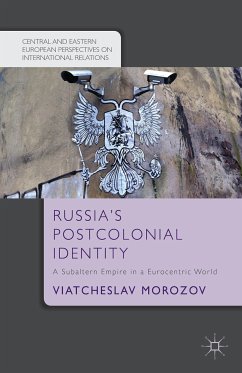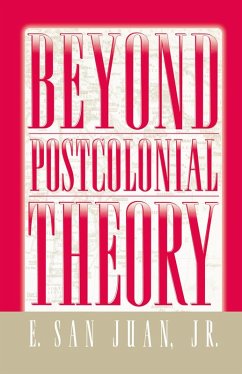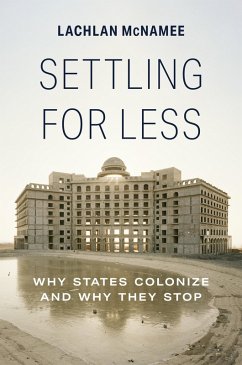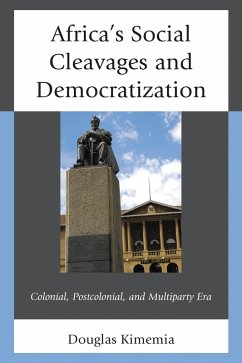
Colonialism and Postcolonial Development (eBook, PDF)
Spanish America in Comparative Perspective
Versandkostenfrei!
Sofort per Download lieferbar
22,95 €
inkl. MwSt.
Weitere Ausgaben:

PAYBACK Punkte
11 °P sammeln!
In this comparative-historical analysis of Spanish America, Mahoney offers a new theory of colonialism and postcolonial development. He explores why certain kinds of societies are subject to certain kinds of colonialism and why these forms of colonialism give rise to countries with differing levels of economic prosperity and social well-being. Mahoney contends that differences in the extent of colonialism are best explained by the potentially evolving fit between the institutions of the colonizing nation and those of the colonized society. Moreover, he shows how institutions forged under colon...
In this comparative-historical analysis of Spanish America, Mahoney offers a new theory of colonialism and postcolonial development. He explores why certain kinds of societies are subject to certain kinds of colonialism and why these forms of colonialism give rise to countries with differing levels of economic prosperity and social well-being. Mahoney contends that differences in the extent of colonialism are best explained by the potentially evolving fit between the institutions of the colonizing nation and those of the colonized society. Moreover, he shows how institutions forged under colonialism bring countries to relative levels of development that may prove remarkably enduring in the postcolonial period. The argument is sure to stir discussion and debate, both among experts on Spanish America who believe that development is not tightly bound by the colonial past, and among scholars of colonialism who suggest that the institutional identity of the colonizing nation is of little consequence.
Dieser Download kann aus rechtlichen Gründen nur mit Rechnungsadresse in A, B, BG, CY, CZ, D, DK, EW, E, FIN, F, GR, HR, H, IRL, I, LT, L, LR, M, NL, PL, P, R, S, SLO, SK ausgeliefert werden.













